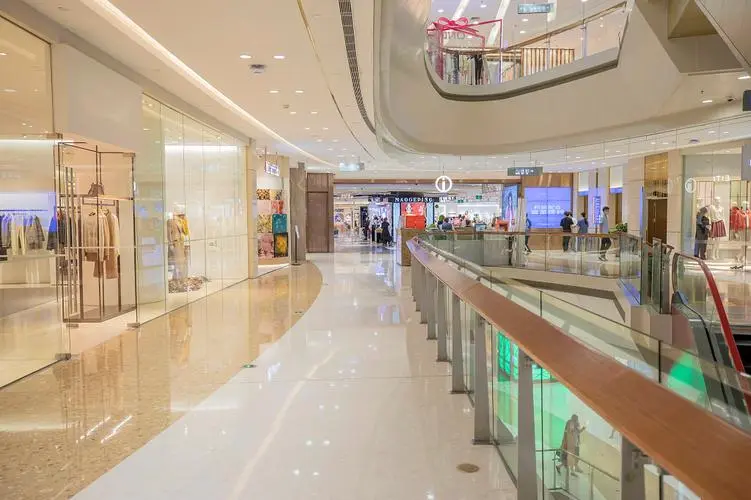plm prodotti di lusso | What is a PLM and why it is critical in Fashion & Luxury
$125.00
In stock
The realm of luxury goods is synonymous with exclusivity, craftsmanship, and an unwavering commitment to quality. From haute couture to meticulously crafted leather goods, the pursuit of perfection is paramount. However, even the most established luxury brands are not immune to the pressures of a rapidly evolving global market, increasing consumer demands, and the complexities of managing intricate supply chains.
While the traditional image of luxury often evokes bespoke ateliers and time-honored traditions, a growing number of luxury brands are recognizing that embracing modern technology is not only necessary for survival but also crucial for maintaining their competitive edge and delivering unparalleled value to their discerning clientele. One such technology gaining significant traction in the luxury sector is Product Lifecycle Management (PLM).
PLM Prodotti di Lusso: A Paradigm Shift
PLM, or Product Lifecycle Management, is a comprehensive business strategy and technology solution that manages all aspects of a product's lifecycle, from initial ideation and design to sourcing, manufacturing, distribution, and ultimately, end-of-life management. It provides a centralized platform for collaboration, data management, and process optimization, enabling companies to streamline their operations, reduce costs, and improve product quality.
In the context of "PLM prodotti di lusso," this translates to leveraging PLM solutions specifically tailored to the unique needs and challenges of luxury goods companies. It's about integrating technology to enhance, not replace, the core values of luxury: impeccable quality, artisanal craftsmanship, and exceptional customer experience.plm prodotti di lusso
PLM per Beni e Aziende di Lusso: A Natural Fit
The luxury goods industry, with its emphasis on intricate designs, complex supply chains, and meticulous attention to detail, is particularly well-suited for PLM. The ability to centralize all product-related information in a single, accessible platform eliminates data silos, reduces errors, and improves collaboration across departments and with external partners.
PLM for luxury brands offers a myriad of benefits, including:
* Enhanced Design Collaboration: PLM facilitates seamless collaboration between designers, pattern makers, and manufacturers, ensuring that the original vision is faithfully translated into the final product.
* Improved Sourcing and Supply Chain Management: PLM provides complete visibility into the supply chain, allowing brands to track materials, monitor supplier performance, and ensure ethical sourcing practices.
* Streamlined Product Development: PLM automates many of the manual processes involved in product development, reducing lead times and accelerating time-to-market.
* Enhanced Quality Control: PLM enables brands to implement rigorous quality control measures at every stage of the product lifecycle, ensuring that only the highest quality products reach the market.
* Improved Inventory Management: PLM provides accurate inventory data, allowing brands to optimize inventory levels and reduce waste.
* Better Decision-Making: PLM provides real-time data and analytics, enabling brands to make informed decisions about product development, sourcing, and pricing.
* Stronger Brand Consistency: PLM helps maintain brand consistency across all products and channels, reinforcing the brand's identity and value proposition.
3 Motivi per cui i Brand del Lusso Scelgono il PLM: Why Luxury Brands Embrace PLM
Luxury brands are increasingly adopting PLM solutions for several key reasons:
1. Meeting Evolving Consumer Expectations: Today's luxury consumers are more informed, demanding, and digitally savvy than ever before. They expect personalized experiences, transparency, and ethical sourcing. PLM helps brands meet these expectations by providing them with the tools to deliver exceptional products and services.
2. Managing Complexity and Scale: As luxury brands expand their product lines and global footprint, managing complexity becomes increasingly challenging. PLM provides a centralized platform to manage all aspects of the product lifecycle, enabling brands to scale their operations efficiently and effectively.
3. Protecting Brand Integrity and Value: Luxury brands are built on reputation and exclusivity. PLM helps protect brand integrity by ensuring consistent quality, ethical sourcing, and compliance with regulations. It also helps maintain the value proposition by enabling brands to deliver exceptional products that justify their premium pricing.
Louis Vuitton Intraprende con Centric Software il Proprio Viaggio: Louis Vuitton's PLM Journey with Centric Software
The adoption of PLM by luxury behemoths like Louis Vuitton highlights its growing importance. Louis Vuitton, a name synonymous with luxury and craftsmanship, embarked on a PLM journey with Centric Software, a leading provider of PLM solutions for the fashion and luxury industries. This partnership exemplifies the recognition that even the most established luxury brands can benefit from embracing modern technology to optimize their operations and maintain their competitive edge.
By implementing Centric PLM, Louis Vuitton aims to streamline its product development processes, improve collaboration across departments, and enhance its ability to respond to changing consumer demands. This strategic move underscores the commitment of luxury brands to leverage technology to enhance their core values and deliver exceptional products to their discerning clientele.
Centric Software PLM per la Moda ed il Lusso: Centric Software PLM for Fashion and Luxury
Centric Software is a leading provider of PLM solutions specifically designed for the fashion, retail, footwear, luxury, and consumer goods industries. Their PLM platform offers a comprehensive suite of features tailored to the unique needs of these industries, including:
* Material Management: Streamlines the sourcing and management of materials, ensuring quality, traceability, and compliance.
* Design and Development: Facilitates collaboration between designers, pattern makers, and manufacturers, enabling faster and more efficient product development.
Additional information
| Dimensions | 8.3 × 2.4 × 2.6 in |
|---|









